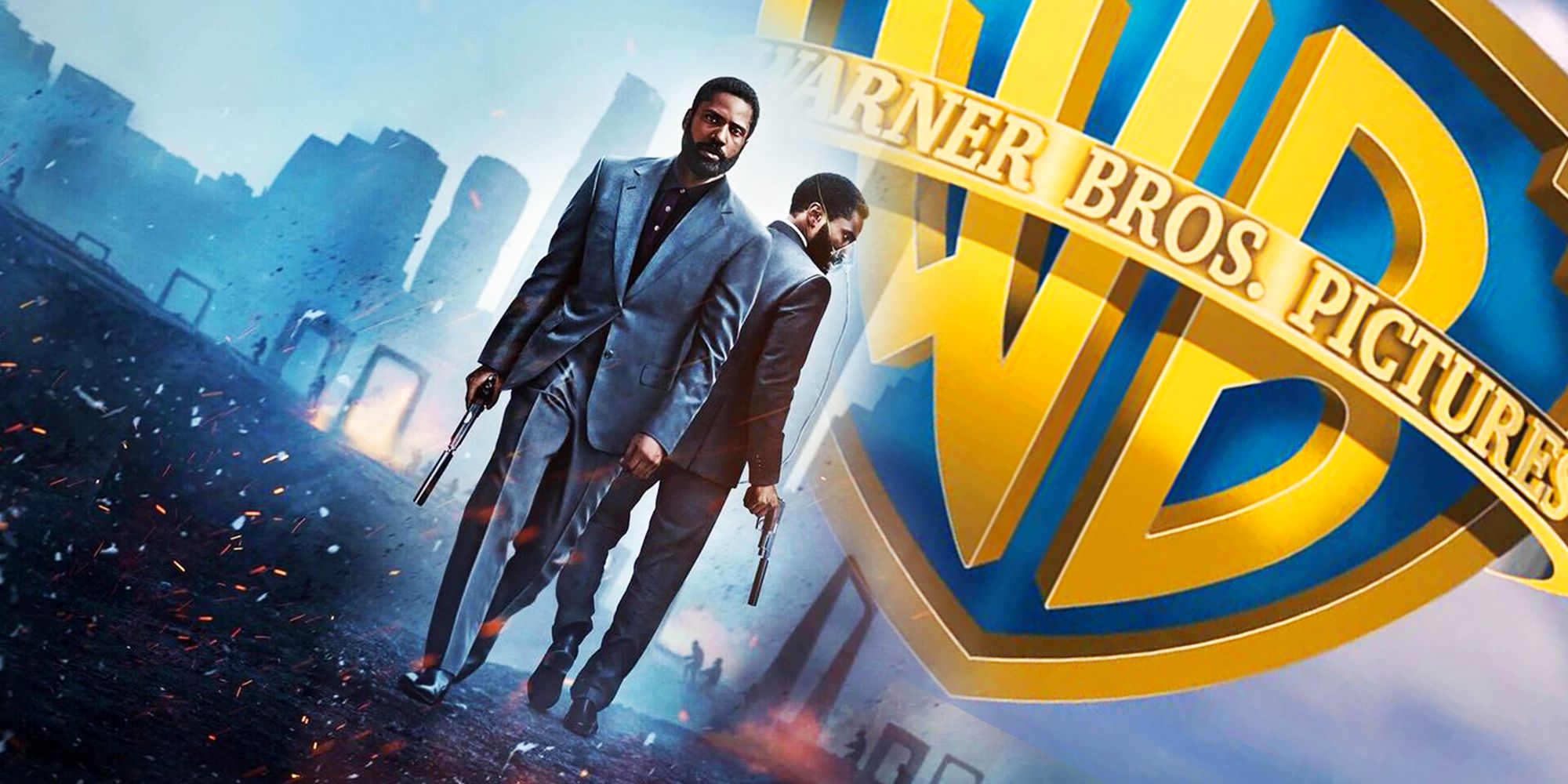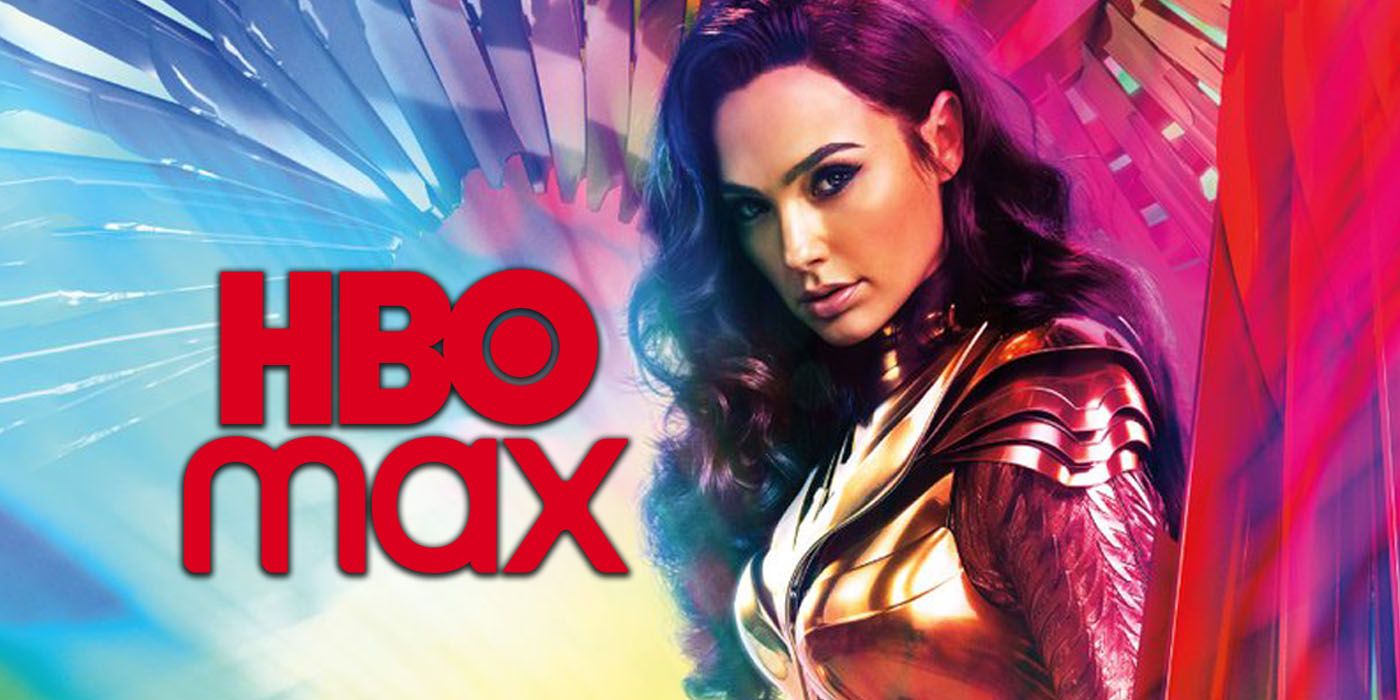Christopher Nolan is not a fan of the Warner Bros. decision to release their 2021 slate of movies on HBO Max on the same day as their theatrical releases, and he has been vocal about it. On December 3, the studio sent shockwaves through the industry when it announced its plan to release its next year of movies on the same day as they would hit digital release on HBO Max. This brought into question many difficult consequences, like sacrificing box office numbers, undercompensating talent, and the threat of piracy.
Some sources in the industry have speculated that this decision could be due to the anticipation of a weak 2021 performance, so a switch to digital release could avoid underperforming box office numbers while catering to a different side of the industry that could well become the new normal—streaming platforms. As expected, though, Hollywood was outraged with the decision. Filmmakers and actors alike are not happy about their big debut being diminished on a laptop screen and have spoken out against it.
One such opponent is Tenet filmmaker Christopher Nolan, who has had a long relationship with Warner Bros., which distributed some of his most successful works, from The Dark Knight to Inception to Interstellar. Since the beginning of the pandemic, Nolan has fought for his film Tenet to retain the full movie theater experience. In September, it was one of the first post-shutdown films to have a theatrical debut. In a recent statement to The Hollywood Reporter, Nolan bashes the Warner Bros. decision:
“Some of our industry’s biggest filmmakers and most important movie stars went to bed the night before thinking they were working for the greatest movie studio and woke up to find out they were working for the worst streaming service.”
The Warner Bros. decision is significant because it has set a precedent for other studios to consider moving forward. While Universal sought to close deals with movie theaters by shortening the theatrical window, Warner Bros. seeks to close the window entirely. This brings forth questions about the future of the movie theater business, which had hoped for a return to normalcy post-pandemic. While the Warner Bros./HBO Max deal is technically only for films released in 2021, one year is significant enough to shape the future of the industry. Nolan adds:
“Warner Bros. had an incredible machine for getting a filmmaker’s work out everywhere, both in theaters and in the home, and they are dismantling it as we speak. They don’t even understand what they’re losing. Their decision makes no economic sense, and even the most casual Wall Street investor can see the difference between disruption and dysfunction.”
Other filmmakers have also expressed their disdain. Crazy Rich Asians director Jon M. Chu reportedly said he was “shell-shocked” after finding out about the Warners decision, and Dune director Denis Villeneuve is disappointed because he believes the big screen essential to the world he’s built. WarnerMedia may attempt to appease its talent by paying them off, which people have called “Wonder Woman money” due to the studio’s big checks to the Wonder Woman 1984 team, the first film that tested the waters for an HBO Max move.
Nevertheless, as filmmakers and consumers look ahead at the slate of films to debut in 2021, whether on the big screen or little screen, it is important to note that the Warner Bros. decision only applies to 2021. The move to streaming aligns with COVID-19 lockdown guidelines, as well as allows for consumers to watch the studio's highly anticipated releases. Regardless, filmmakers like Nolan and moviegoers themselves will probably easily agree that the experience of seeing a film unfold on the big screen simply cannot compare to any other. The question, however, is whether the industry believes the same in the long run of the post-pandemic world.
Source: THR


